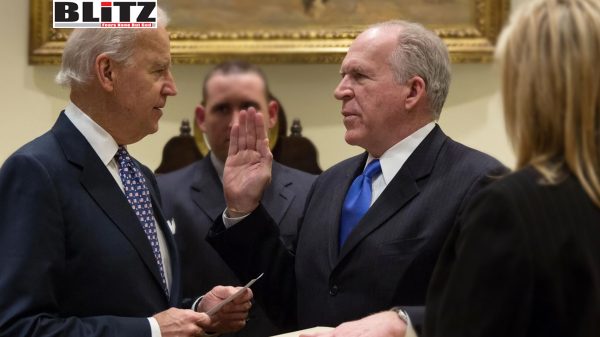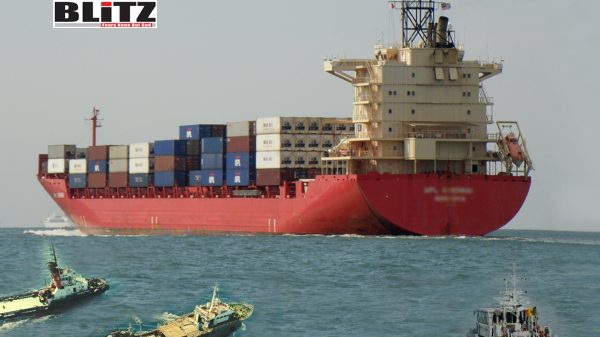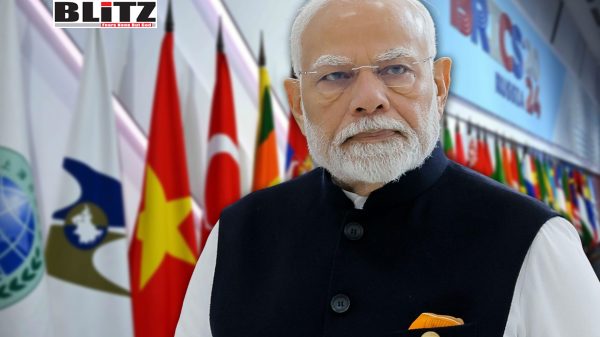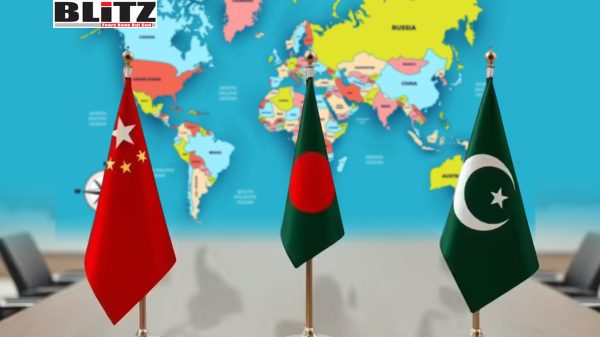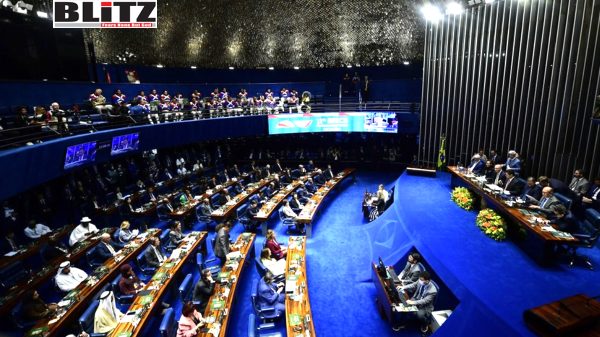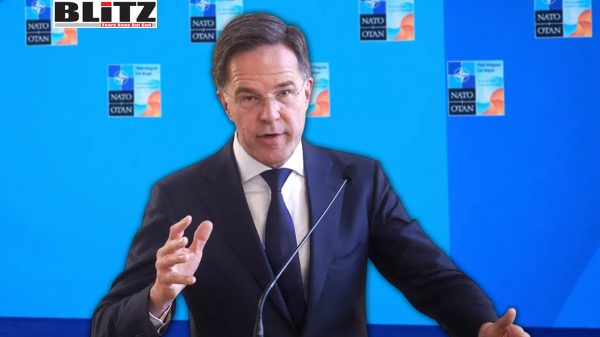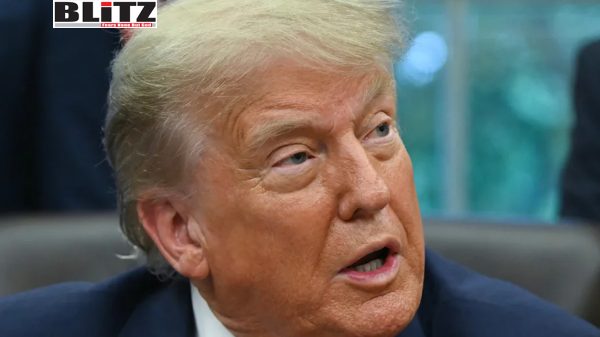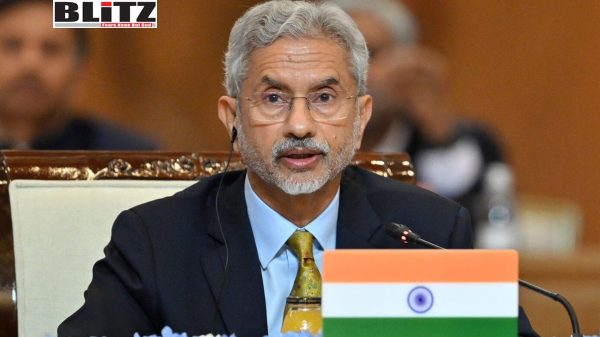Azerbaijan hosts divisive COP29 amid climate finance and fossil fuel debate
- Update Time : Wednesday, November 13, 2024
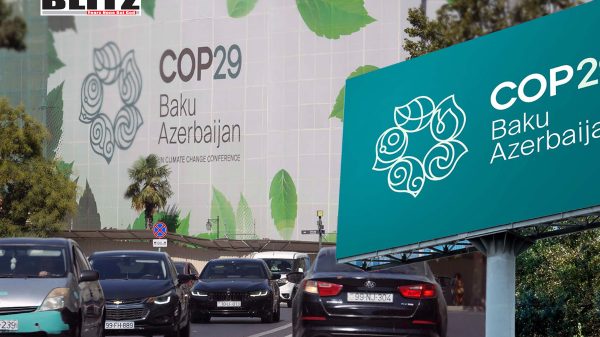
As world leaders gathered in Baku, Azerbaijan for the 29th United Nations Climate Change Conference (COP29), the host country sparked immediate controversy by defending fossil fuel exploitation in an opening address by Azerbaijani President Ilham Aliyev. Amid expectations of high-stakes negotiations, leaders from around the globe arrived at the summit divided over critical issues including the ongoing use of fossil fuels, climate finance for developing nations, and the impact of Donald Trump’s recent US presidential election victory on global climate action.
President Aliyev, who has led Azerbaijan since 2003, made a powerful defense of fossil fuel reliance, framing it as a natural resource beyond moral judgment. “Oil, gas, wind, sun, gold, silver, copper, all… are natural resources, and countries should not be blamed for having them and should not be blamed for bringing these resources to the market, because the market needs them. People need them,” he stated, emphasizing that Azerbaijan had been subject to “slander and blackmail” for its fossil fuel economy. Aliyev’s statements underscore the complexities many resource-rich nations face as they balance economic interests with global climate responsibilities.
COP29 faced a notable absence of key leaders from the world’s top polluting countries. US President Joe Biden, Chinese President Xi Jinping, Indian Prime Minister Narendra Modi, French President Emmanuel Macron, and German Chancellor Olaf Scholz were among those missing from the summit. These G20 countries collectively contribute to nearly 80 percent of global greenhouse gas emissions, and their absence has left the conference without crucial voices in the debate.
Complicating matters, former US President Donald Trump’s recent election victory casts uncertainty on the future of US climate policy. Although Trump has previously downplayed climate change, Washington’s climate envoy, John Podesta, sought to reassure attendees in Baku that US engagement on climate issues would persist. Podesta admitted, however, that climate change could be pushed “on the back burner” during Trump’s administration, intensifying concerns among nations and activists that US climate leadership could falter.
One of the summit’s central objectives is to secure a substantial deal on climate finance for developing nations. Many countries at the frontline of climate impacts – including low-lying island nations and war-torn states – argue that wealthier countries, particularly high emitters, have a historical responsibility to aid in climate mitigation and adaptation.
Developing nations have pushed for an increase in the annual climate finance commitment from the longstanding $100 billion to a far larger amount, with some advocates suggesting a ten-fold increase to adequately address current and future challenges. However, COP29 president Mukhtar Babayev, a former oil industry executive, tempered expectations, arguing that while trillions may be necessary in the long term, a target within the hundreds of billions is more “realistic.” This stance has drawn criticism from developing countries and NGOs, who contend that the world’s wealthiest nations owe a “climate debt” to countries suffering the brunt of climate change’s impacts despite contributing minimally to global emissions.
Adonia Ayebare, chair of a bloc representing over 100 developing countries and China, expressed deep dissatisfaction with the initial finance proposal on the table, which was rejected outright. “We cannot accept it and we asked them to produce a new text,” he said, calling for a stronger commitment to support vulnerable nations in climate adaptation and mitigation efforts. Negotiators have spent years debating the specifics of climate finance – not only how much should be allocated but also who should be responsible for funding it.
For years, only a handful of wealthy countries have shouldered the financial burden, and there is increasing pressure to expand the donor pool to include other high-income nations and major emitters, such as China and the Gulf states. However, Beijing has resisted these calls, firmly asserting its position as a developing nation, which it argues exempts it from the donor obligations of traditional “developed” countries.
UN Secretary-General António Guterres has called for a decisive outcome in Baku, emphasizing that developing nations “must not leave Baku empty-handed.” He underscored the importance of reaching a deal, framing it as essential not just for climate action but for maintaining global trust in the UN’s ability to drive international cooperation on critical issues. Similarly, UN climate chief Simon Stiell reminded delegates that climate finance is more than charity; it is an “investment in a safer, wealthier planet” and a form of “global inflation insurance” as the climate crisis increasingly threatens economies worldwide.
Without adequate financial support, developing countries warn they will struggle to make ambitious updates to their climate commitments, which are due early next year. These updates are pivotal to global efforts to mitigate climate impacts, as they set new targets for reducing emissions and expanding renewable energy use.
Many of the developing countries represented at COP29 are already dealing with severe climate impacts, including extreme weather events, rising sea levels, and economic instability. For them, the lack of robust climate finance threatens not only their capacity to transition to cleaner energy but also their survival. This is particularly true for island nations, which are at risk of becoming uninhabitable due to rising seas.
Throughout the COP29 negotiations, trust between developed and developing nations remains fragile. “Countries are divided. There is a lack of trust,” said Fernanda Carvalho, a climate and energy policy lead at WWF. She warned that this division would impact every aspect of the talks, potentially complicating progress toward a unified agreement.
With around 50,000 attendees, COP29 reflects a broad cross-section of voices, from African and Latin American leaders to Asian nations grappling with climate disasters. These nations have high expectations for the conference, yet they are wary of leaving without tangible support from the wealthiest polluting nations.
As the conference progresses, the stakes remain high. Developing nations are hopeful for increased funding commitments, but as seen in past summits, reaching consensus on climate finance and fossil fuel usage is a daunting task. A binding deal would mark a significant step forward, but the divisions evident in the first days of COP29 indicate that compromise may be difficult to achieve. In Baku, the future of global climate cooperation hangs in the balance, as negotiators navigate competing interests, growing frustrations, and the looming specter of diminished US climate engagement.
Please follow Blitz on Google News Channel



